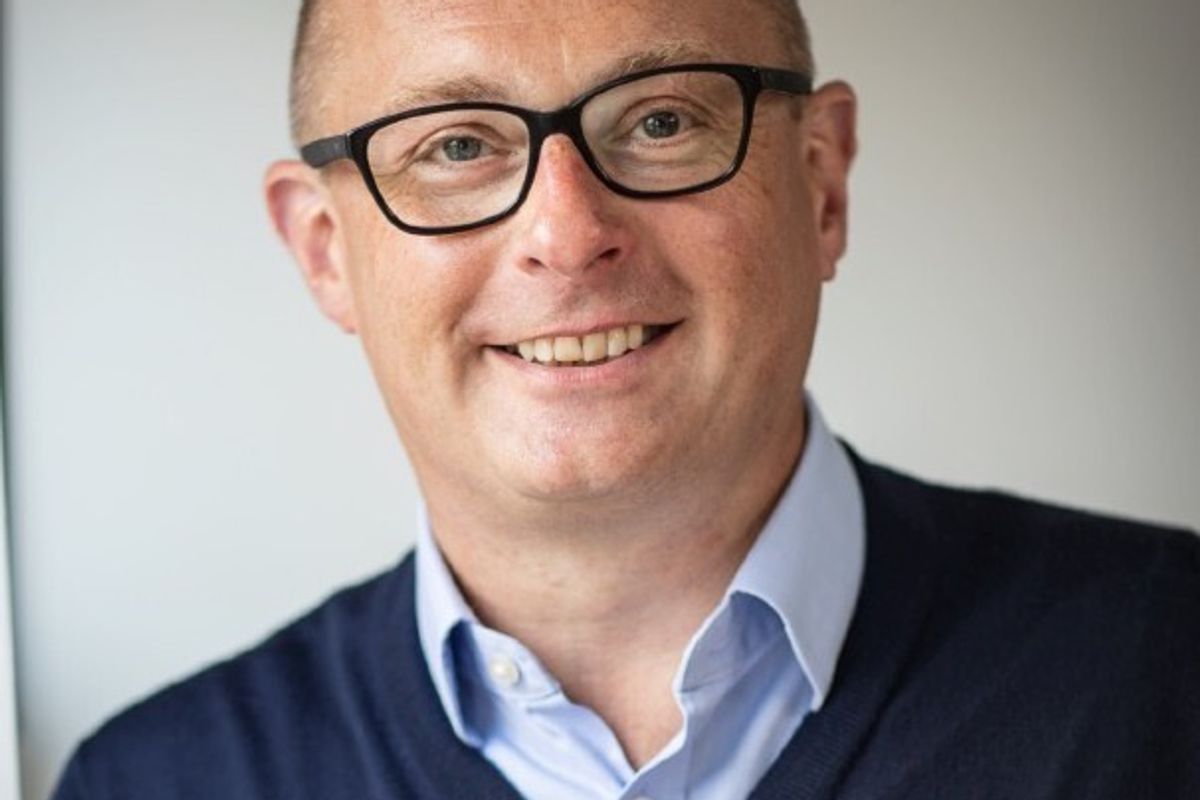Leading news wholesaler Smiths News said its chief financial officer Paul Baker will be leaving the company.
Baker is set to join a large private business, operating in a different sector, the company said in a regulatory filing.
He will remain with Smiths News to ensure a seamless transition of responsibilities, as the company now commences the search for his successor.
“I would like to thank Paul for his significant contribution during his time with the business. He is leaving the business in a strong financial and operational position,” Jonathan Bunting, chief executive of Smiths News, commented.
“Paul has been a valued colleague who I have very much enjoyed working with, and I wish him every success in his next role and for the future.”
Baker joined Smiths News in late 2021 from Compass Group, where he was serving as the finance director for Europe. He previously worked at Bird’s Eye and Cadbury in finance director roles.


